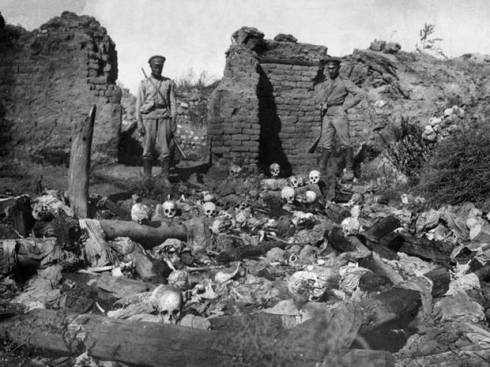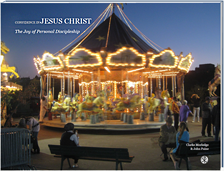
A conflict of versions of history: Armenians claim that 1.5 million of them were killed in 1915-16 in the former Turkish Ottoman Empire. Turkey has a lower figure of 500,000. (photo credit: AFP/Getty, from The Independent)
April 24, 2015 marks the 100th anniversary of the beginning of the Armenian “tragedy” where up to 1.5 millions Armenians in Turkey, most of them Christian, were killed in the shadow of the First World War. I say tragedy because for many in Turkey today, the thought of calling it the Armenian genocide is considered offensive. From that perspective, what happened to those Armenians was non-systematic, a part of the chaos of war. The term genocide is a powerful, loaded word, stirring up controversy in the minds of many.
We live in an age where history is often pooh-poohed as being nothing more than a boring recitation of dates and facts that means nothing to most people. Folks are a lot more excited to play with their iPhones and their other latest technological gadgets than they are to think about Turkish and Armenian versions of something that happened one hundred years ago.
But such a dismissal of the study of history is completely wrong headed. History is mostly about the stories of people. These are stories about children, parents, grandparents, and great-grandparents. These are stories that shape the way we view the world around us. History tells us about who we are.
History is even more important for the Christian, since the Bible is essentially the telling of God’s Story. The Bible gives us the authoritative account of God’s redemptive history of humankind. That is why any church worth its salt will retell the story of the Bible week after week after week, so that our minds and hearts might be saturated by the work of God in history.
Make an investment in the study of history. You will learn things about yourself and God that you might never have learned before.
Here is Philip Jenkins, professor of history at Baylor University, telling us about the story that unfolded among the the Turkish and Armenian people, including their Christian communities, one hundred years ago.


April 25th, 2015 at 9:01 am
I have to confess my ignorance and thank you for this post and video. It was extremely informative and insightful.
LikeLike